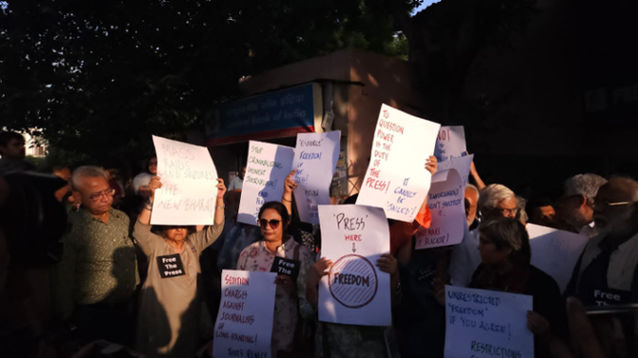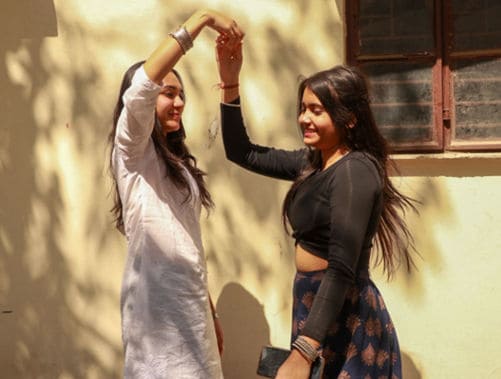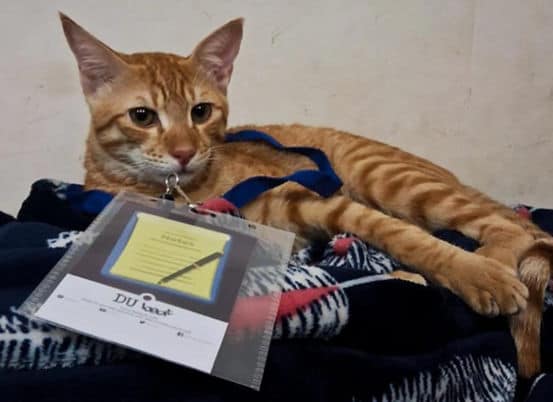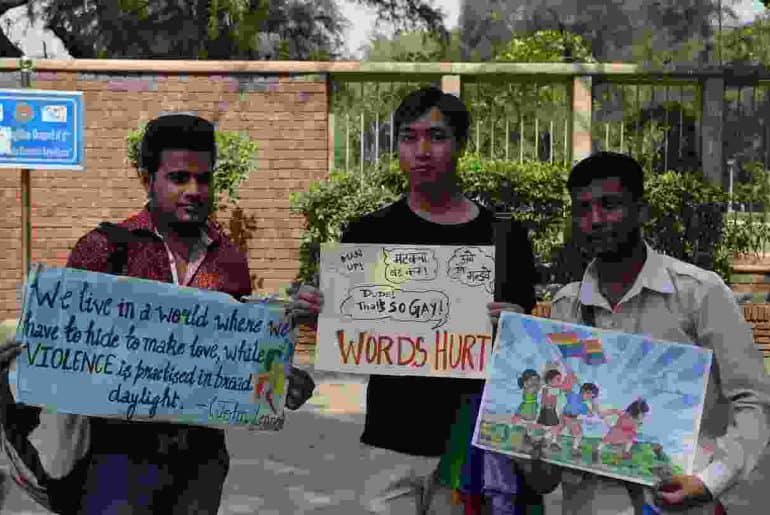You all remember the good parts of DU but what happens to the unpleasant ones? Here’s to
remembering the experiences that made us grow.
As a high school student, I only dreamed about getting into Delhi University (DU). Little did I know
back then that this place would not just be another academic choice but would slowly merge with
my very existence. Walking through the gates of my college on that odd day of February 2022 to
today when I walk through them for one last time, it was not a journey about just growth and
achievements, but it had more to do with the person that I am today. The transitions and
experiences, coloured in both black and white, did leave a sweet and sour touch in my mind. And as I
write this, it makes me more grateful for the bitter notes. So, here’s to taking you through a memory
lane and if you call yourself a student journalist, hang in, for it’s worth the wait.
Journalism for me was going to be something that I study within the four walls of my college but
thanks to DU Beat, I was acquainted to the realities rather than believing in the “coloured” reality
that is taught in colleges. As a first-year student, all I really wanted to do was go on the field, do
ground reporting, and write a copy that my editors would appreciate. However, from watching the
iPhone using protestors (irrespective of their political orientation) to experiencing the horrors a
student can inflict on another student, our university’s dark side needs to see the light of the day.
In a university like DU, not everyone can feel safe or rather is safe. From students to teachers, the
cries in their voices are seemingly falling on deaf ears. When students were sexually harassed in top
North Campus colleges or the time when an annual fest turned into a massacre of women’s respect,
the authority failed us, the unaffected students failed the inflicted ones. Having no accountability
and sprawling disastrous issues have all tainted the dreams of high school students.
Even the professors are not left out of it. Be it the journalism department in Kamla Nehru College,
the philosophy department in Lady Shri Ram College, or teachers in Ramjas College, Indraprastha
College for Women or Kalindi College, the professors of various departments have been subjected to
mass displacement. If this was not enough then professors in 12 DU colleges, which are funded by
the Delhi government, faced large delays (over 3-4 months) in receiving their salaries. It is saddening
to see that the professors who have given their everything to this university are also not safe.
To top off all these situations, we have infrastructural issues and trust me when I say this- if your
college has a washroom with a door and a door latch, it is a privilege. Back in 2023, a student of
Lakshmibai College had to enter into a fight with the authorities for medical compensation. A ceiling
fan fell on the student and as a result, she was under a lot of distress from the serious injuries. Even
when clearly the authorities should have taken accountability, it is the students who have to fight for
what should have come from a place of rational conscious. Question about if our percentages
deserve such a treatment continue to loom over the university without much sign of any
improvement.
In addition to all this, we have a fierce battle in student politics between the right and the left where
one has considerable “power” and the other has a voice without that power but the main takeaway
is that none of them might have solutions to the grassroot issues faced by the students. Though this
is a topic which you and I can discuss over “chai” (as promised by these people), yet do think aboutwho hears us when we are under distress? Who will stand with us in front of the authority which
keeps on wronging us?
Nevertheless, DU has a lot of darkness but without a doubt, it showed all of us the light in its own
way that we all would now follow. These experiences do not look pleasing but because of how we
were exposed to this darker part, it shaped us as individuals. And though these situations form just
the tip of the ice that I reported through my three years but this too would not have been possible
without this platform which gave me the power to bring forth the mishaps of DU, gave me a family
which got my back, and experiences that I will cherish till the end. On that note, as you exit this
university, remember: you can leave DU but DU would not leave you.
Read Also: Why Farewells are Good ?
Featured Image Credits: Ankita Baidya for DU Beat
Ankita Baidya





